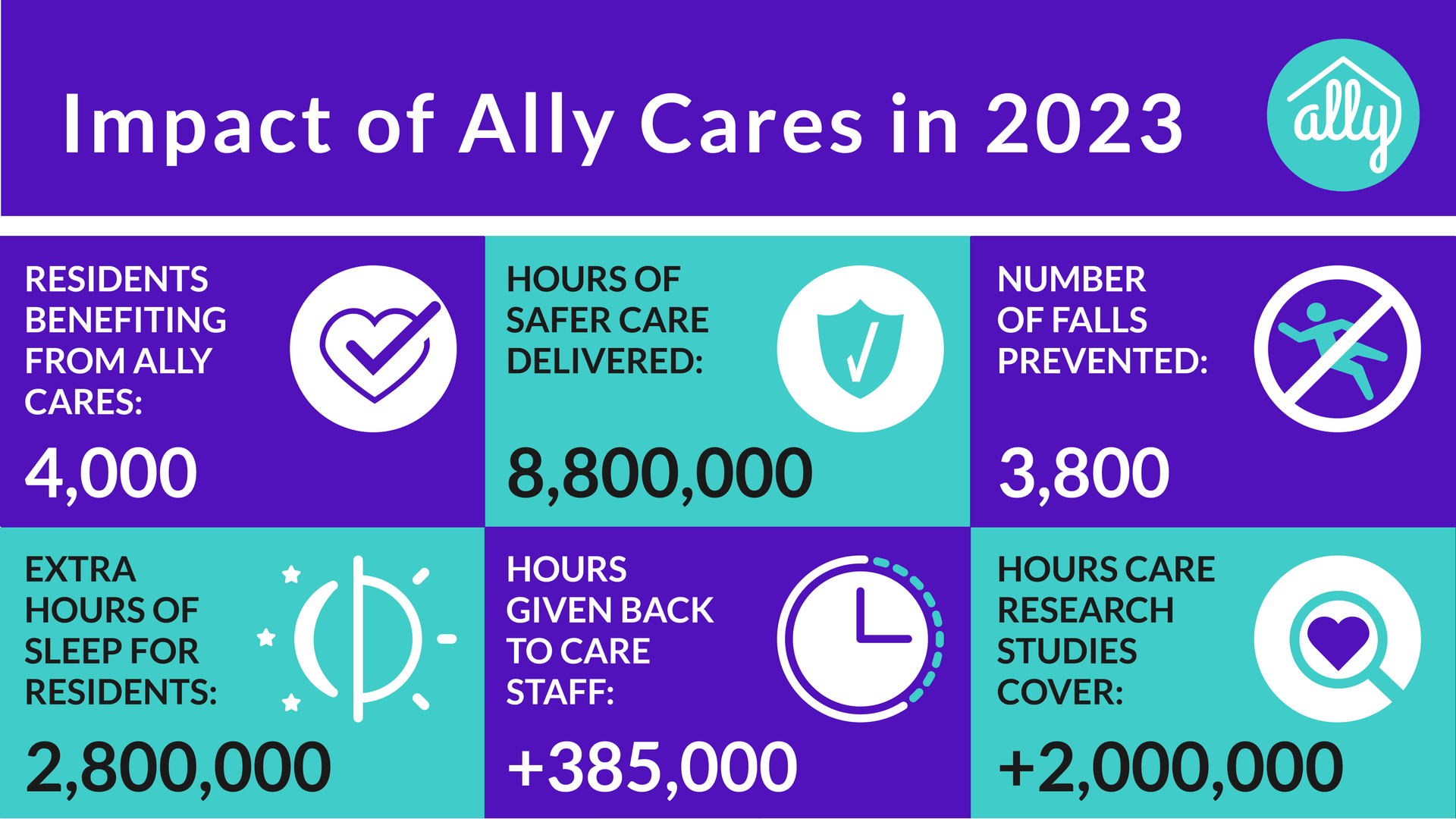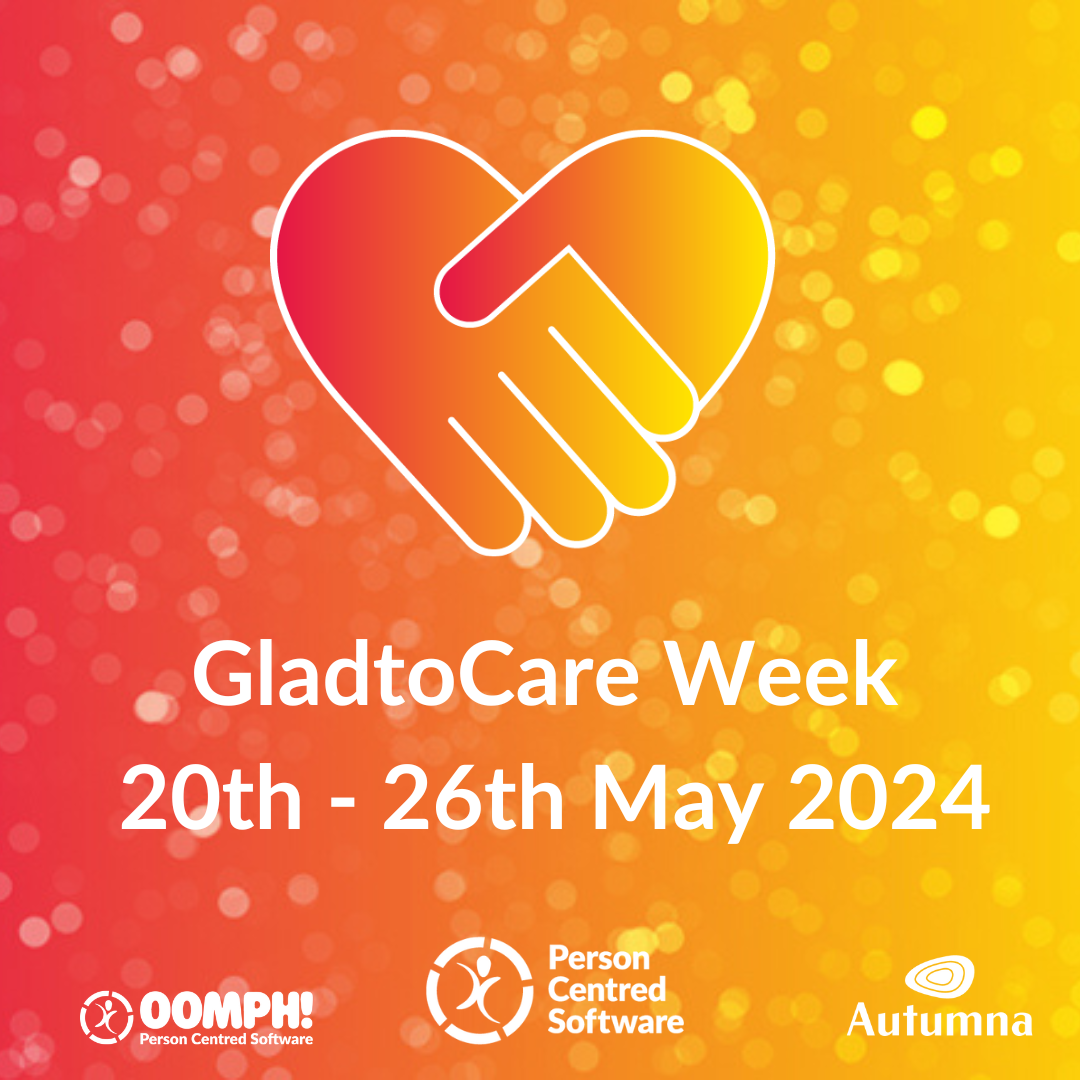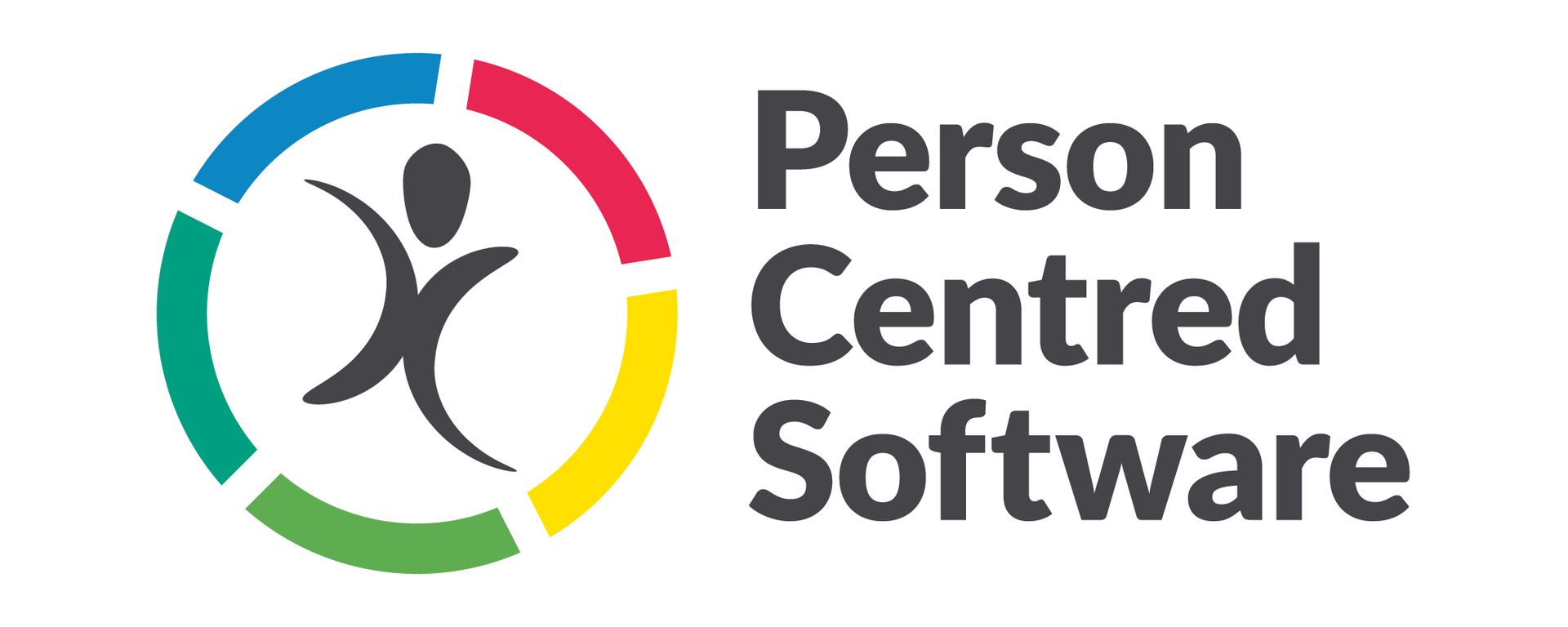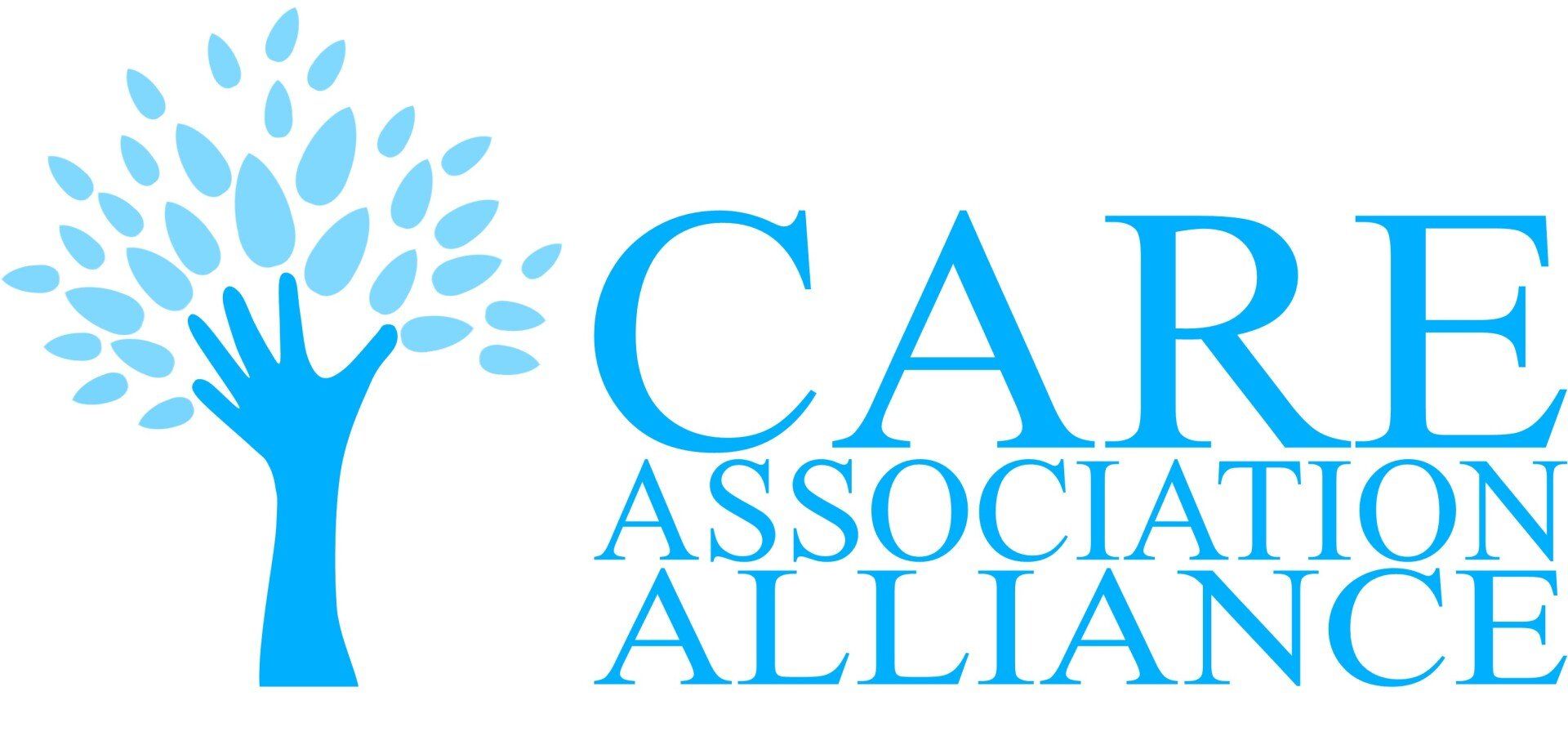“We’ve managed to improve resident outcomes as we’ve seen significantly less injuries and fewer hospital transfers, plus we’ve been able to detect early signs of acute infections immediately as the Ally system triggers an alert when a resident’s behaviour is altered”
Jay Trondillo
Regional Director
Maria Mallaband Care Group

























